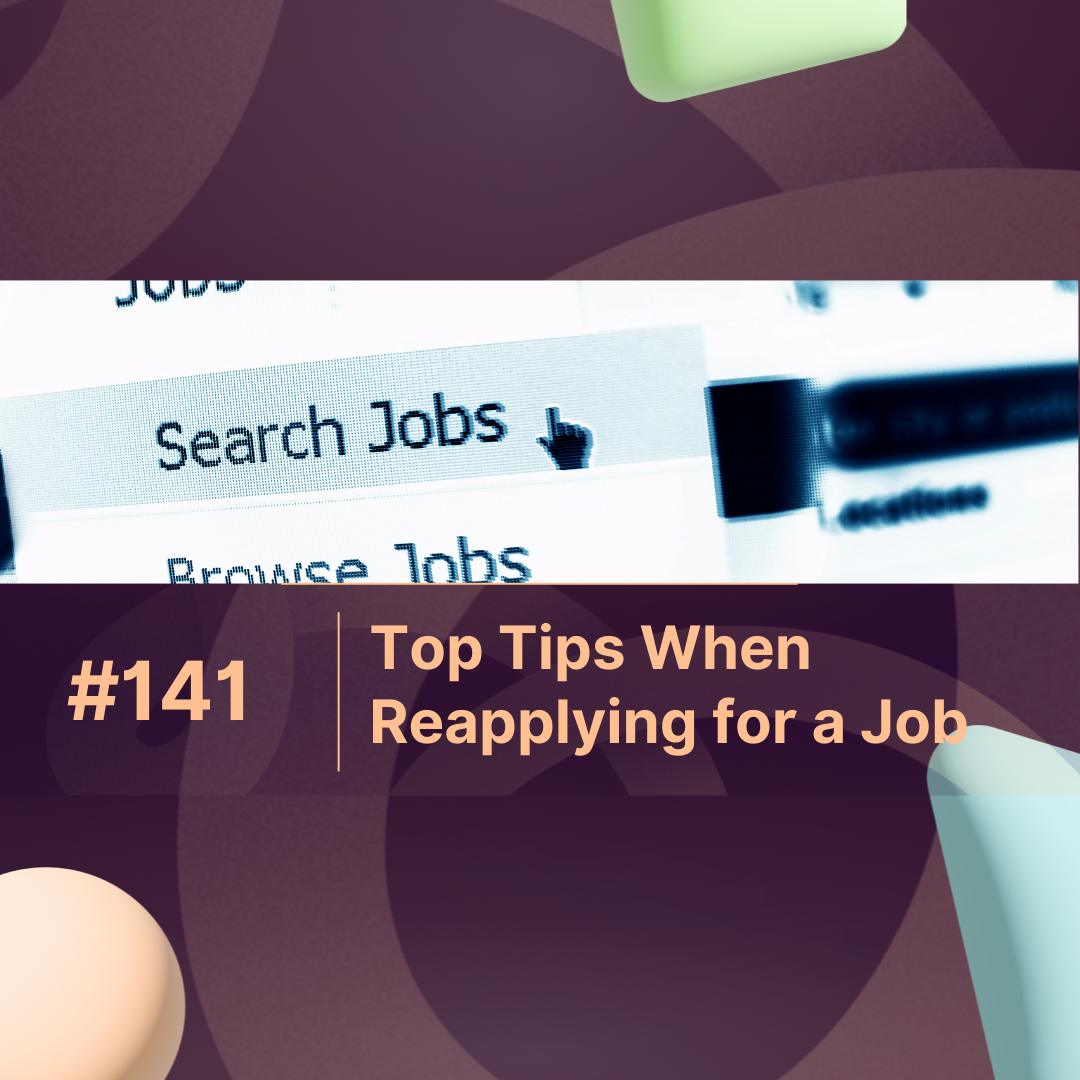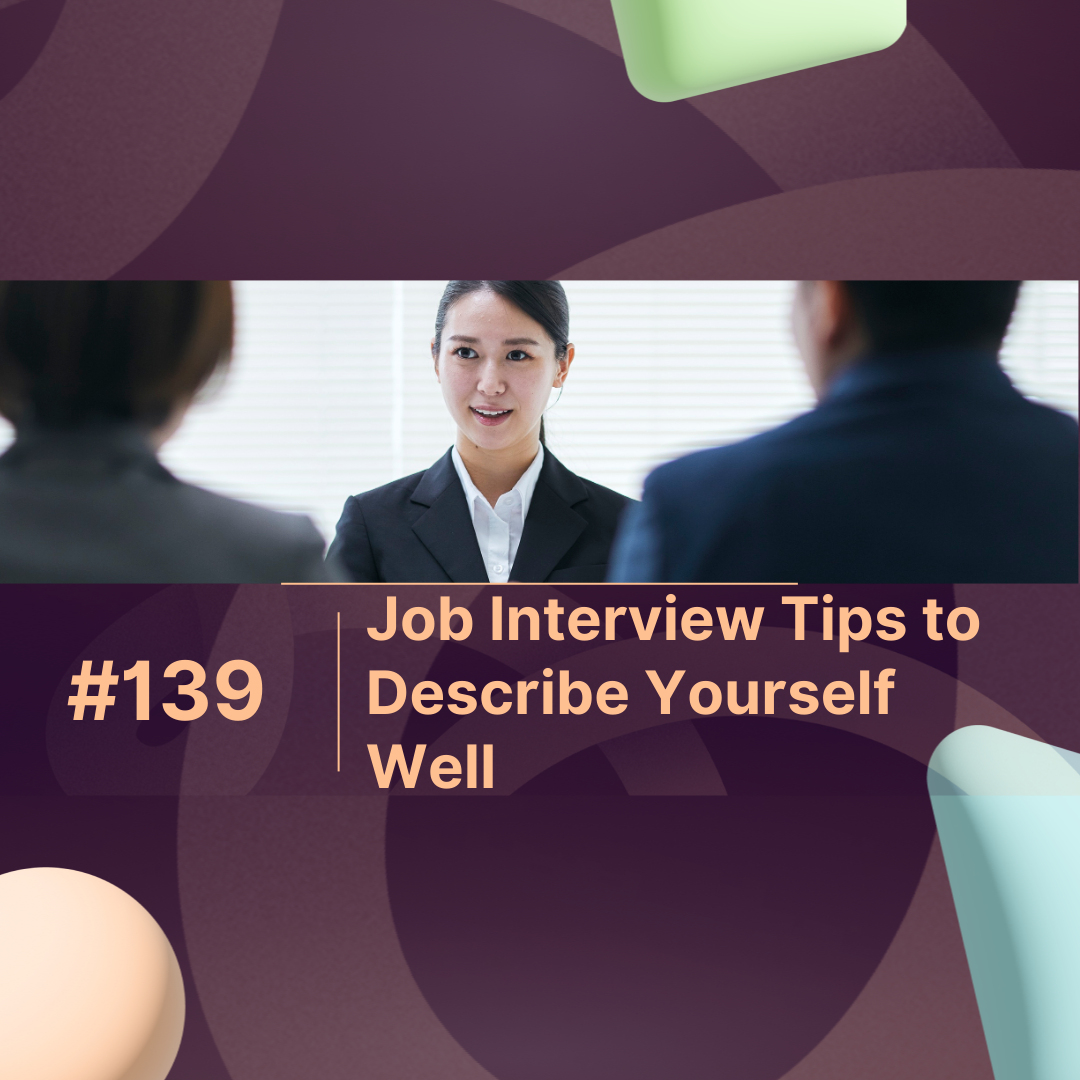Overview
In today’s competitive job market, writing a resume isn’t just about listing your experience—it’s about presenting your career story with clarity and impact. However, many job seekers struggle with personal challenges in resume writing that can limit their chances of getting noticed.
Whether it’s a career gap, lack of experience, or difficulty showcasing achievements, this article outlines the top 7 personal challenges in resume writing and offers practical solutions to help you overcome them with confidence.
Why Addressing Personal Challenges in Resume Writing Is Essential
According to a 2025 report by CareerBuilder, more than 58% of resumes are rejected due to poor formatting, missing keywords, or a lack of relevant content. Additionally, 72% of job seekers admit to facing at least one major personal hurdle while preparing their resumes.
Understanding these challenges is the first step to creating a resume that passes Applicant Tracking Systems (ATS) and impresses hiring managers.
Top 7 Personal Challenges in Resume Writing and How to Overcome Them
1. Explaining Employment Gaps
Challenge: Many applicants worry about how gaps in employment will be perceived.
Solution:
-
Be honest and brief. Use one-liners like “Career Break for Family Caregiving” or “Upskilling Through Online Courses.”
-
Focus on transferable skills gained during the gap.
2. Lack of Experience or Entry-Level Background
Challenge: Students and fresh graduates often struggle to fill a resume with limited experience.
Solution:
-
Highlight internships, volunteer work, and academic projects.
-
Use a skills-based or functional resume format.
3. Difficulty Showcasing Achievements
Challenge: Many people simply list job duties instead of measurable results.
Solution:
-
Use the STAR method (Situation, Task, Action, Result).
-
Quantify achievements (e.g., “Increased sales by 30% in 6 months”).
4. Career Shifts and Role Changes
Challenge: Switching industries or roles can make resumes seem inconsistent.
Solution:
-
Tailor your resume to the new industry by focusing on transferable skills.
-
Use a summary statement that explains your career direction.
5. Poor Resume Structure and Formatting
Challenge: Visual clutter, inconsistent fonts, and outdated layouts reduce readability.
Solution:
-
Stick to clean, professional formats (reverse chronological or hybrid).
-
Use standard section titles like “Experience,” “Education,” and “Skills.”
6. Lack of Confidence in Self-Promotion
Challenge: Many job seekers feel awkward promoting themselves.
Solution:
-
Focus on facts and results, not buzzwords.
-
Ask mentors or colleagues for help identifying your strengths.
7. Overuse of Generic Language
Challenge: Phrases like “hard worker” or “team player” don’t set you apart.
Solution:
-
Replace clichés with action verbs and specific accomplishments.
-
Example: Instead of “responsible for team tasks,” say “Led a team of 5 to deliver project 3 weeks ahead of deadline.”
Common Resume Writing Struggles in Numbers
| Personal Challenge | Percentage of Job Seekers Affected | Suggested Solution |
|---|---|---|
| Employment Gaps | 34% | Use clear, brief explanations + focus on skills |
| Lack of Experience | 29% | Highlight projects, volunteering, internships |
| Difficulty Highlighting Achievements | 41% | Use STAR method + quantify results |
| Career Change Struggles | 22% | Tailor resume + use summary statement |
| Formatting and Visual Errors | 47% | Use professional templates + consistent formatting |
| Struggling with Self-Promotion | 38% | Focus on facts, ask for peer input |
| Generic Resume Language | 44% | Use active voice + job-specific keywords |
Conclusion
Facing personal challenges in resume writing is not uncommon—but ignoring them can cost you job opportunities. By identifying these hurdles and applying targeted solutions, you can turn weaknesses into strengths. Whether you’re a career starter, a returnee, or switching paths, your resume can still be impactful and professional.
The modern job market requires resumes that are not only ATS-friendly but also personalized, clear, and compelling. Start implementing these steps today and join the wave of job seekers turning challenges into career breakthroughs.
FAQs
Q1. What are personal challenges in resume writing?
A: These are individual obstacles like employment gaps, lack of experience, or difficulty highlighting skills that make writing a resume difficult for many job seekers.
Q2. How do I explain a career break on my resume?
A: Be transparent with short explanations, and highlight what you did during the break—like learning, caregiving, or freelance work.
Q3. Can I get a job with no experience?
A: Yes. Focus on transferable skills, relevant coursework, and showcase potential through volunteering or internships.
Q4. How important is resume formatting in 2025?
A: Very important. ATS systems and recruiters prefer clean, well-structured resumes with clear headings and keyword usage.
Q5. Are resume builders useful for overcoming personal resume challenges?
A: Yes. Modern resume builders offer ATS-optimized templates and real-time suggestions to improve keyword alignment and readability.



